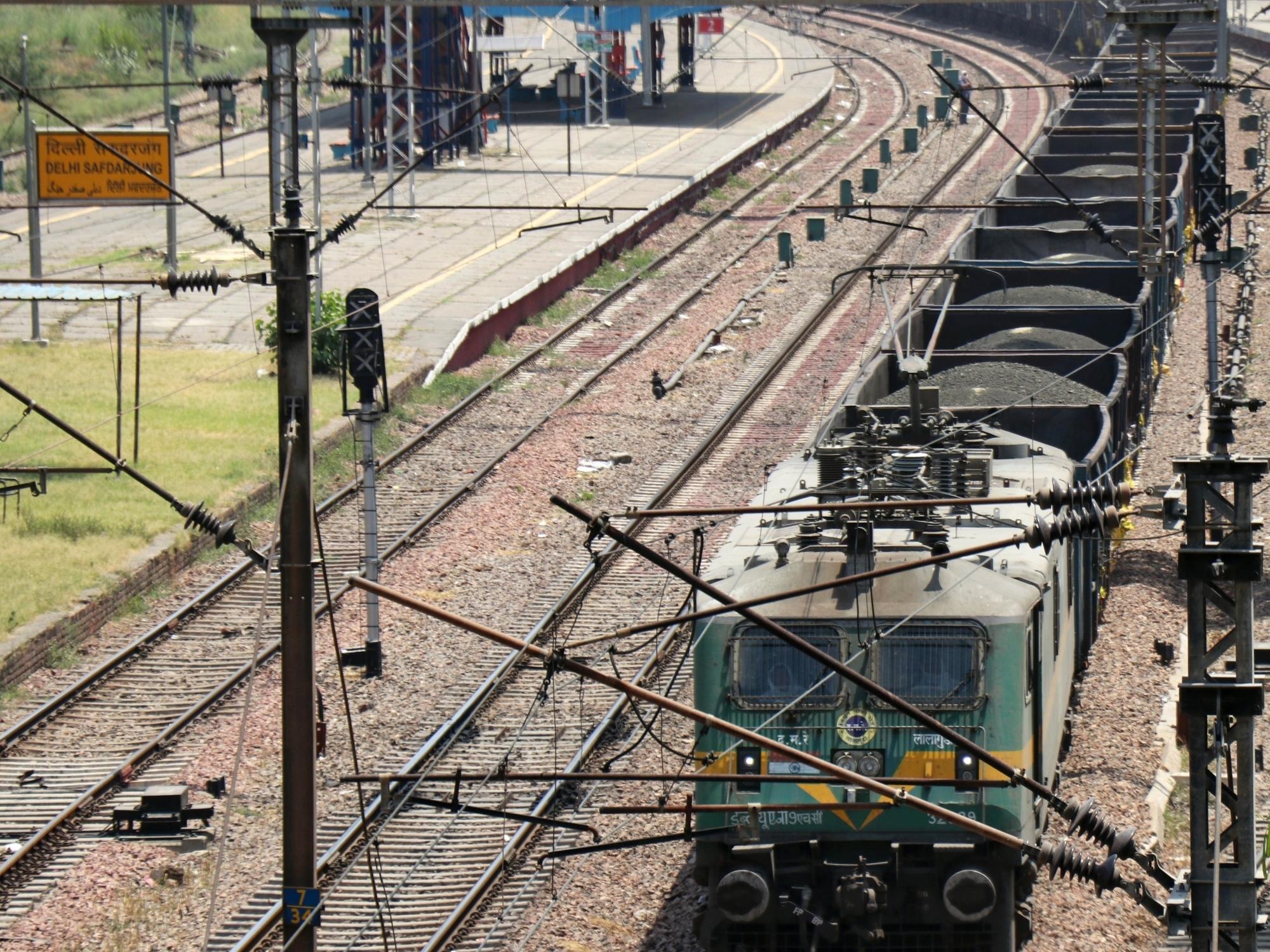The Union Cabinet Committee on Economic Affairs on Wednesday approved two railway multitracking projects with a combined length of 318 kilometres. These projects, spanning seven districts across Jharkhand, Karnataka, and Andhra Pradesh, are expected to enhance connectivity, reduce congestion, and improve freight movement across important rail corridors. The total cost of the projects is estimated at ₹6,405 crore.
The first project involves doubling the Koderma–Barkakana line, spanning 133 kilometres through a key coal-producing region of Jharkhand. This route also serves as a vital rail link between Patna and Ranchi. The second project will double the 185-kilometre stretch between Ballari and Chikjajur, passing through Ballari and Chitradurga districts in Karnataka and Anantapur district in Andhra Pradesh. These routes are significant for the transportation of bulk commodities such as coal, iron ore, finished steel, cement, fertilizers, petroleum products, and agricultural goods.
According to the Ministry of Railways, the projects are designed to address capacity constraints by doubling existing single-line sections, thereby improving operational efficiency and reliability. The new infrastructure will also support increased passenger and freight traffic, particularly for critical commodities such as coal, cement, fertilizers, petroleum products, and agricultural goods.
The projects are expected to generate direct employment for approximately 108 lakh human-days during construction. In terms of environmental and economic impact, the Railway Ministry projects that the additional freight capacity, estimated at 49 million tonnes per annum, will help reduce logistics costs and oil imports by approximately 52 crore litres. The projects are also expected to lower carbon dioxide emissions by an estimated 264 crore kilograms, which is equivalent to the effect of planting 11 crore trees.
The two lines will enhance connectivity to approximately 1,408 villages with a combined population of about 28.19 lakh. The Railway Ministry stated that the projects are in line with the PM-Gati Shakti National Master Plan, which aims to promote integrated and seamless multi-modal connectivity.










